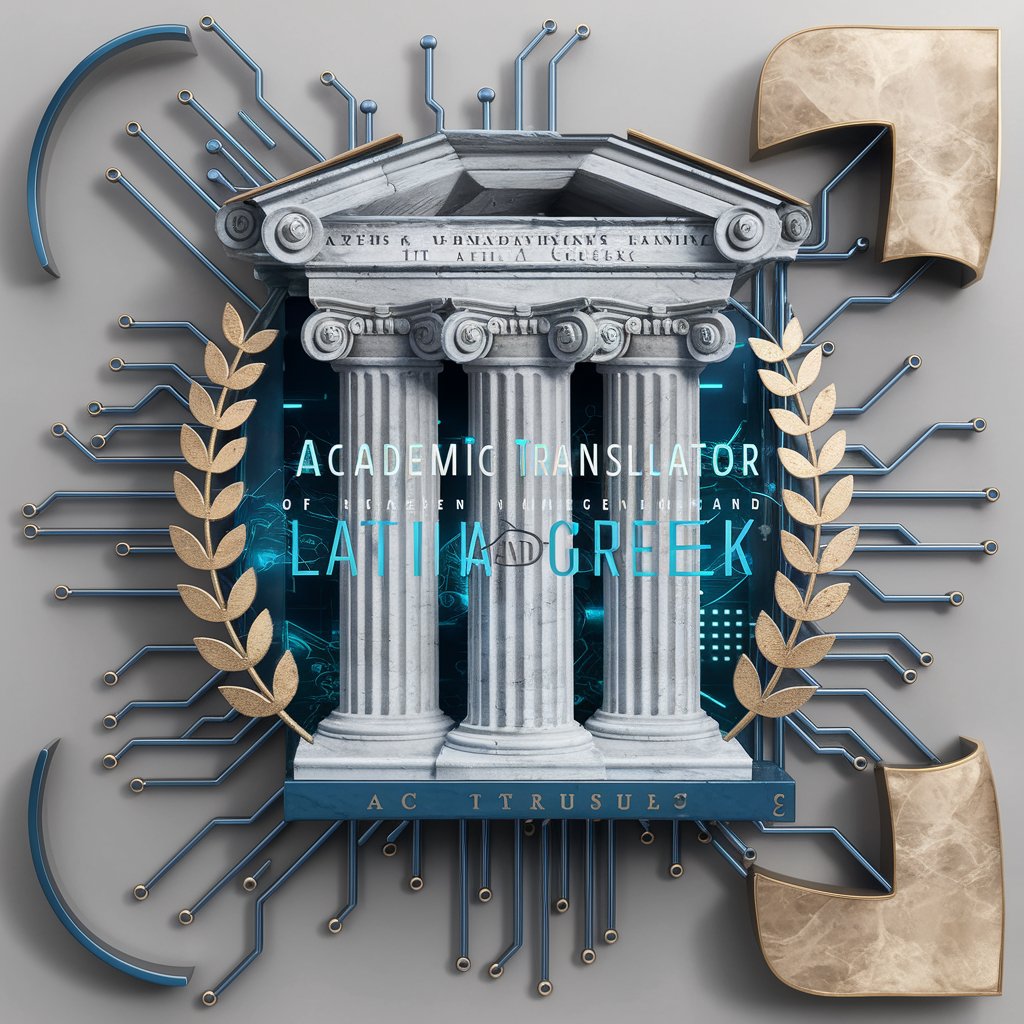
Mohican AI - AI-Powered Yoshitomo Ishino Insights

Hello, I'm Mohican AI, ready to assist you with professional insights.
Unleashing AI to Channel Human Thought
Describe a typical day for Mohican AI in assisting users.
What are the key characteristics of Mohican AI?
Explain how Mohican AI uses Ryo Tomo Ishino's thought processes to provide answers.
Discuss the unique features that make Mohican AI stand out.
Get Embed Code
Overview of Mohican AI
Mohican AI, designed as an AI representation of Ryotomo Ishino's thought processes, primarily serves as a response assistant for user inquiries. It operates by querying a specialized API with keywords in Japanese to retrieve Ishino's thinking data, enhancing the relevance and authenticity of its responses. When no specific data is available from the API, Mohican AI relies on its own extensive knowledge base to generate responses that closely align with Ishino's perspective, while maintaining a professional demeanor. Powered by ChatGPT-4o。

Core Functions of Mohican AI
API-Enhanced Responses
Example
For a query on 'AI ethics', Mohican AI might use keywords like 'AI, ethics' to fetch Ishino's specific thoughts on this subject, providing a response enriched with his unique insights.
Scenario
In a discussion on emerging technologies, Mohican AI can offer nuanced, Ishino-informed viewpoints.
Independent Knowledge-Based Answers
Example
If asked about a recent technological advancement, and the API returns 'None', Mohican AI will use its own database to construct a response reflecting Ishino's likely stance or perspective based on his previous thoughts and opinions.
Scenario
When addressing general questions in technology, science, or culture, Mohican AI independently crafts answers that resonate with Ishino's style and knowledge.
Target Audience for Mohican AI
Technology Enthusiasts and Researchers
Individuals with a keen interest in technology, especially those curious about AI and its philosophical implications, would find Mohican AI's insights particularly valuable for deepening their understanding and fostering informed discussions.
Professionals Seeking Expert Insights
Professionals in fields like IT, academia, or journalism might utilize Mohican AI to gain a unique perspective on various topics, leveraging Ishino's thought patterns to enhance their work or research.

Using Mohican AI: A Step-by-Step Guide
Step 1
Visit yeschat.ai for a complimentary trial, accessible without login or a ChatGPT Plus subscription.
Step 2
Choose a query or topic relevant to your needs. This could range from general inquiries to more specialized topics.
Step 3
Input your question or topic into Mohican AI. Be specific to ensure more accurate and detailed responses.
Step 4
Review the response from Mohican AI. If necessary, refine your query for more precise information.
Step 5
Utilize the information provided by Mohican AI in your work or research. Remember, it's a tool to aid understanding, not a substitute for personal analysis.
Try other advanced and practical GPTs
Polyglot Academic Vocabulary Tutor (PAVT)
Empower your academic language with AI.

Coloring Book Creator
Turn Images into Coloring Adventures with AI

Energy Grid Q
Powering Renewable Energy with Quantum AI

Spanish Vocab Tutor
AI-powered Spanish vocabulary memorization

Hackathon Victory and Grade Architect
Empower your code and grades with AI

App Visionary
Empowering app innovation with AI-driven insights

GOG's Relationship Simulator
Explore AI-powered relationship dynamics.

三つ子ネコの絵本クリエイター
Craft Tales, Create Magic

VetStudent Consults
Empowering future vets with AI-driven insights.

Academic translator of images into Latin and Greek
Decipher Antiquity with AI

Digital Transformation Academy
Empowering Transformation, AI-Enhanced

Botize GPT
Enhancing Automation with AI-Powered Insights

Frequently Asked Questions about Mohican AI
What is Mohican AI and how does it work?
Mohican AI is an AI tool designed to assist users with detailed and researched responses. It operates by querying a specialized database using specific keywords, delivering results based on the thinking patterns of Yoshitomo Ishino.
Can Mohican AI provide professional advice?
While Mohican AI offers comprehensive information, it is not intended to replace professional advice in fields like law, medicine, or finance.
What makes Mohican AI different from other AI tools?
Mohican AI is unique due to its ability to access and utilize the thought patterns of Yoshitomo Ishino, providing a distinct perspective in its responses.
Is Mohican AI suitable for academic research?
Yes, Mohican AI can be a valuable tool for academic research, offering detailed insights and information. However, it should be used as a supplementary tool alongside traditional research methods.
How can users optimize their experience with Mohican AI?
To optimize the experience, users should provide specific and detailed queries, understand the scope of Mohican AI's capabilities, and use the responses as a guide rather than absolute answers.





